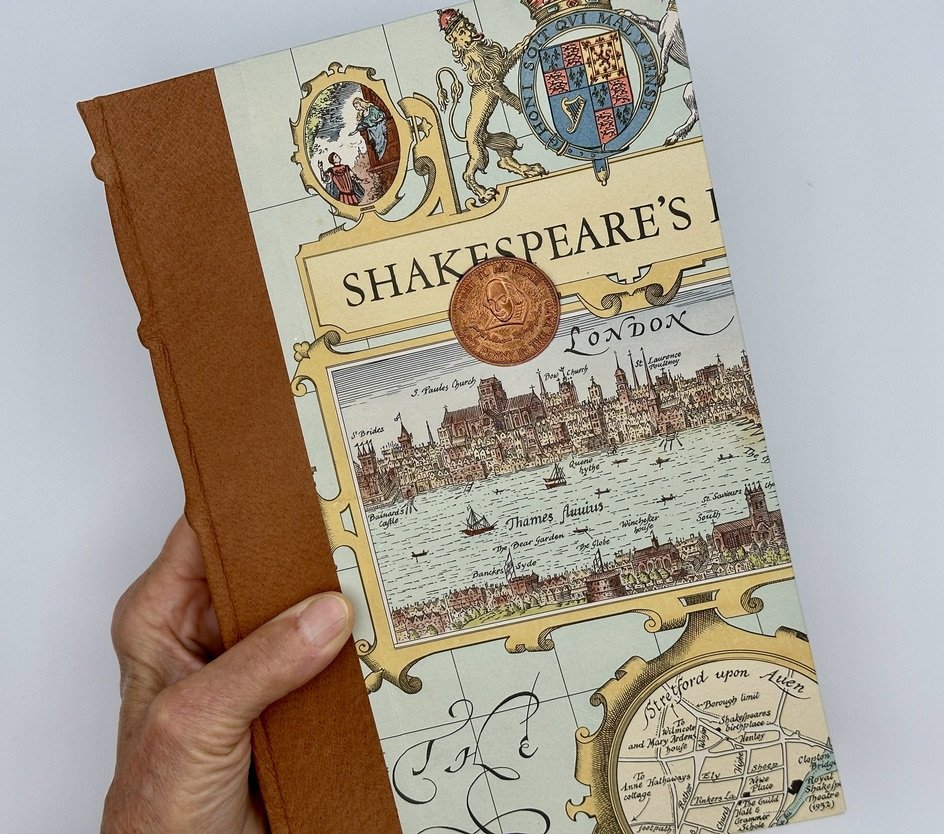Be Noble. Write.
The codex, or books with pages and covers as we know them today, have been with us for about 17 centuries, or since the 3rd century A.C.E. The first great book collectors we can identify constitute a pantheon of statesmen and philosophers. Men like Euthydemus, Aristotle, and Cicero amassed personal libraries and influenced the collection of books into the great libraries of Alexandria and Celsius.
Books, therefore, are associated with nobility and erudition. Most scribes were slaves, and so their work, slow and precious, the copying of shapes by illiterate imitators, was directed toward contracts and legal documents. Book-length manuscripts were only for the uber-wealthy, the “billionaire class” of antiquity, who, not incidentally, could read.
A lot of technology had to come together to make books accessible to the common citizen: the evolution of paper from papyrus (which was stiff and uneven) to linen rag and then plant pulp; the printing process had to be invented, first in Asia and then again by Gutenberg. Hand stitching had to evolve into machine-sewn books and then glued bindings to get us to today, where books are so ubiquitous that people think little of giving a book away.
This gallop through history rampages through my mind. Books, once precious beyond accessibility, have become the feckless flotsam of daily life. No doubt, the rise in literacy and the availability of books and their storehouse of knowledge and entertainment, has fueled most of the great achievements in medicine, engineering, and literature, not to mention cooking, crafting, and pornographic voyeurism. No one would lament the transformation of the book from rare monument to everyday item, and yet, as an icon, the book has been cheapened by its glacially rapid descent into the commonplace.
Books are perhaps the most enduring technology of human history, save perhaps inventions like cooking and surgery (both of which are facilitated by the information still printed in books). Most of us love books, and not just their contents but their smell, appearance, function, tactility, and the warmth they impart to décor. Yet we invest in books that are not meant to last even the duration of our lives; they fox, chip, mold, and come unglued. Things fall apart.
I want to make books that proffer the nobility of the icon to the every[human], archival books that last, given standard protections (from fire, moisture, and rodents) for hundreds, maybe even thousands of years.
I believe what we write today, even “literature” as mundane as our grocery lists, our Dear John letters unsent, our recipes, our picayune histories and dreams will be of value to the future, to our descendants, yes, naturally, but also to the anthropologists of the next century. We need not be Euthydemus, Aristotle, or Cicero to be remembered by people 17 centuries from now. The evolution of the book has made nobles of us all. We only require the paper, the binding, the inspiration, the pencils, the few minutes per day or week to make our lives legible forever.
I build blank books, and most of them become gifts. I hope that means their recipients are moved by the confidence of their loved ones to fill them with words and images. Ideally, every book I make will be filled up, and a few of them will survive.
So I design beautiful books, books made from hand-marbled and other precious papers, archival pages, goat and calfskin, and linen thread. They are a Trojan Horse, a stealthy way to get under Christmas trees, next to birthday cakes, into trousseaus, and even our own briefcases and kitchen counters, a seductive way to encourage ordinary-enough people to record their unique existence, and thus represent us all.






